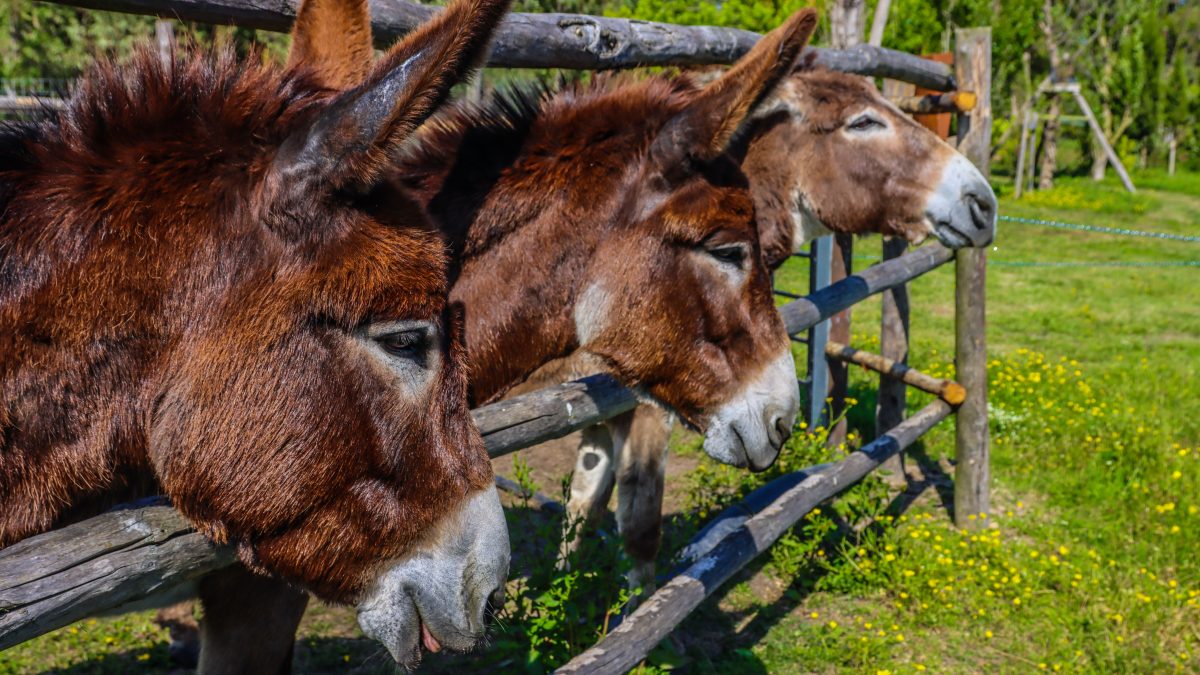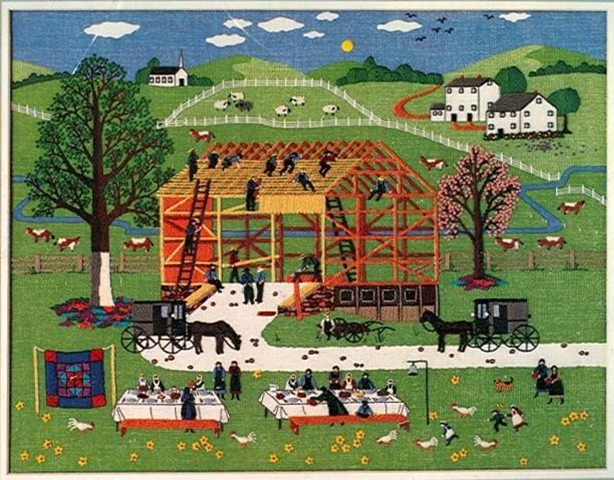“Success vs. Significance–and Donkeys” Apr. 29, 2022

3 donkeys stick their heads through a fence
The African-American preacher and author, the Rev. William Sloan Coffin, once said: “We don’t have to be ‘successful,’ only valuable. We don’t have to make money, only a difference…” Yet in our society we often speak of success as if it’s the only thing that matters: to make a blue-chip income, have a fancy house and car, marry an attractive spouse, and have 2 or 3 brighter-than-average children.
Only problem is: Sometimes when we achieve goals like this, we realize we’re not as happy as we thought we’d be. Somehow the adulation, prosperity, and winning streaks don’t count as much as we were under the impression they would. Success, in other words, does not always make you happy–and, in fact, often brings trials of its own.
(As the old saying goes: Success is getting what you want. Only, once you’ve got it, you may realize you don’t want it so much after all. So success is getting what you want. But happiness is wanting what you get.”)
The other problem with success is that, because it’s usually defined in somewhat grandiose terms, most of us will never achieve it anyway. Let’s say I write a poem or story, but it never gets published, so I think my writing is not worthwhile. I pastor a religious community, but it never grows into a mega-church, so I think I’m a mediocre minister. I have personally written about 50 songs in my lifetime, but none has ever been on the radio, so I don’t think I’m very talented. I could go on.
With benchmarks like that, no wonder people feel inadequate. Which leads to a great irony: Not only does being “successful” leave some people feeling empty–but trying to be successful leaves them empty too. That’s because success–as the world generally understands it–is a goal that very few will ever completely achieve. So it’s got you coming and going. Achieve it, and you go “eh?” Fail to achieve it and you go “aw…” And the more you go “eh, aw; eh, aw”–the more you sound like a donkey!
What would it be like if, instead of trying to be successful, we tried to make a difference; if instead of breaking records, or winning first prize, or being better at something than anybody else, we tried to just do one small thing that meant something to someone else? Maybe we ask a friend out for coffee, or coach a kids’ soccer game; maybe we ask someone how their day went, or watch an infant take its first wobbly steps forward; maybe we read a book that makes us think, or we say a kind word to someone who may desperately need to hear one; maybe we pamper a pet, write a card, send a letter, or deliver a casserole.
These are all events of meaning, not might. Of significance, not success. And they sure beat going “Eh, aw, eh, aw” over and over. I’ll have more to say about this in my next “Parson to Person,” but for now let me just say the words I end every service with:
peace and unrest,
tony
P.S. After writing the above ”Parson to Person” column, I thought of a good example of a small act turning out to be meaningful. A professor of Urban Anthropology (at the University of Southern California) asked her students to interview someone who was very different from them–someone they would not normally talk to–and write a paper about it. (What a great way to introduce the subject of urban anthropology to a bunch of university kids!)
Well, one student was very nervous about the assignment, because he’d lived a pretty insulated upper-middle-class life. He wasn’t sure he could even find someone different enough to fit the assignment. In fact, he was seriously thinking about dropping the class. Plus, he had waited until the night before the paper was due, so he didn’t have much time. “I was at my wit’s end,” he said, “when it occurred to me to interview our Guatemalan housekeeper. Naturally, I was very nervous because I had never really spoken to her, and it was rather late at night. But as I had to do the paper, I went to her room and knocked at her door. When I entered, I explained my need, asking if it would be a terrible nuisance for her to tell me something about her life. She looked at me strangely and my heart sank. After what seemed a very, very long time, she said quietly, ‘Every night before I go to sleep, I rehearse the story of my life, just in case someone should ever ask me. Gracias a Dios. [Thanks be to God.]
Such a simple thing. Not grand in scope–just deep in meaning. May you too have such simple things.



